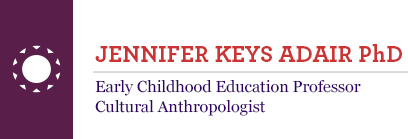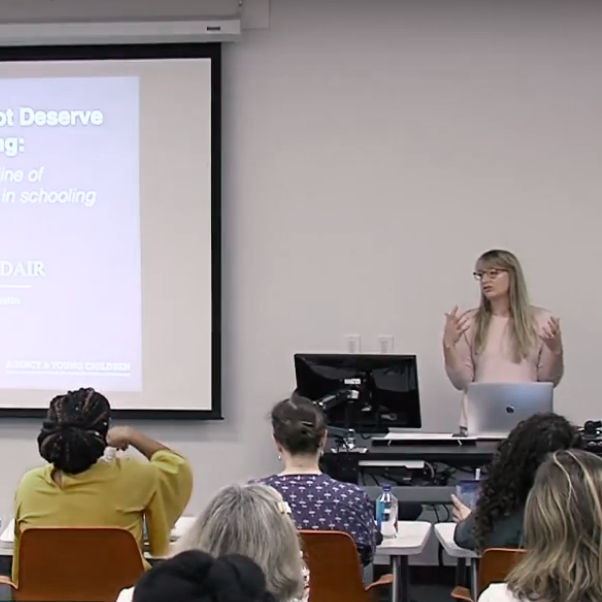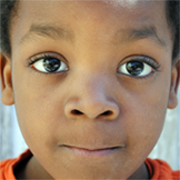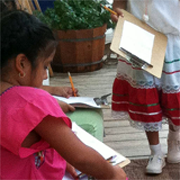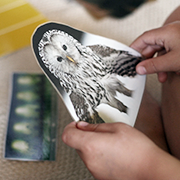Articles & Media
The Long, Contentious History of the ‘Word Gap’ Study
Scholars and activists have also critiqued the original word-gap study’s methodology and the way its findings have been interpreted by policymakers. Critics say that policies that grew out of simplistic interpretations of this study were racist, classist, and simply ineffective. One 2017study published in the Harvard Education Review even found that the word-gap research had the unintended consequence of perpetuating negative stereotypes about the children of Latino immigrants, with teachers in classrooms serving such students resorting to less-sophisticated instruction.
Let's Stop Talking About The '30 Million Word Gap
Did you know that kids growing up in poverty hear 30 million fewer words by age 3? Since 1992, this finding has, with unusual power, shaped the way educators, parents and policymakers think about educating poor children. But did you know that the number comes from just one study, begun almost 40 years ago, with just 42 families? That some people argue it contained a built-in racial bias?
Who Does and Does Not Deserve Agentic Learning: Charles Mills and the Line of Personhood/Subpersonhood in Schooling
This talk considers learning as “opportunities” that are constructed in and translated through white supremacy. Using an historical interrogation provided by the work of Charles Mills, Adair argues that although learning and development are presented as an amoral, biological or even constructivist set of events, their application to children’s lives can be one of constructing and reifying personhood and subpersonhood along racial lines. Using interview data with young children, teachers, and directors in Texas and the particular case of the “word gap” argument, Adair shows how denying children of color certain learning experiences is often justified by a perceived “lack of development.” This denial often 1) prevents children from demonstrating their full range of capabilities and 2) blames children and families for disparity instead of working to improve unjust institutions and systems.
White Parents Can Help Fight Racial Injustice
My name is Jennifer Keys Adair. This is my idea for a core conversation session at SXSW Interactive 2015. I'm an early childhood professor trying to get more sophisticated online content delivery for pre and early readers.
Project Based Learning
Here’s a description of a classroom where a wealth of learning occurs. Students choose small groups and the teacher asks them to plan a vacation. They can go anywhere!
Listening Carefully to Parents and Communities
Listening Carefully to Parents and Communities, presents research which shows that immigrant parents and early childhood educators often have vastly differing notions of what should happen in preschool. The goal of this presentation is to acknowledge assumptions and practices that can marginalize parents and families as well as outline ideas and strategies that can empower them in their interactions with schools.
